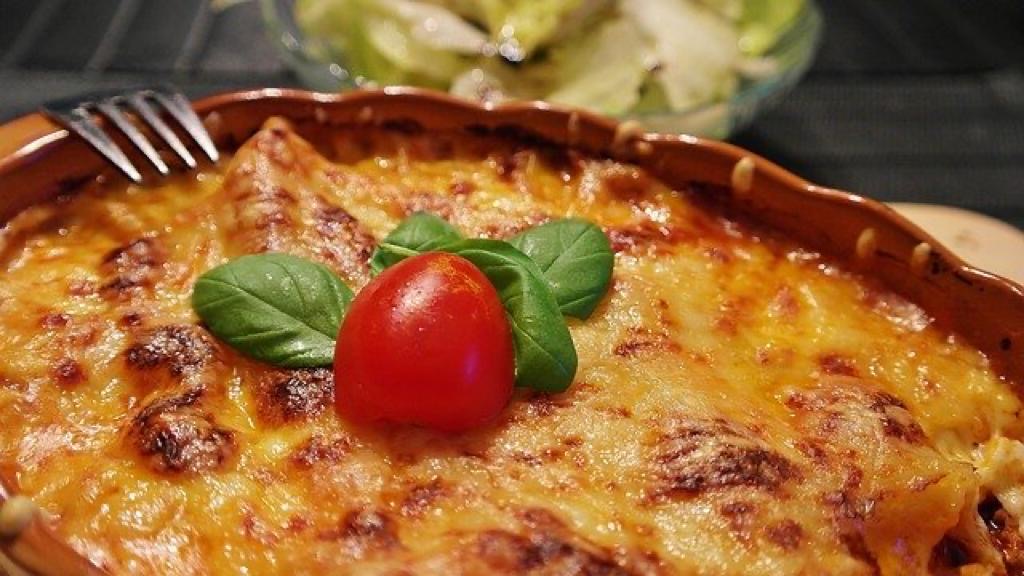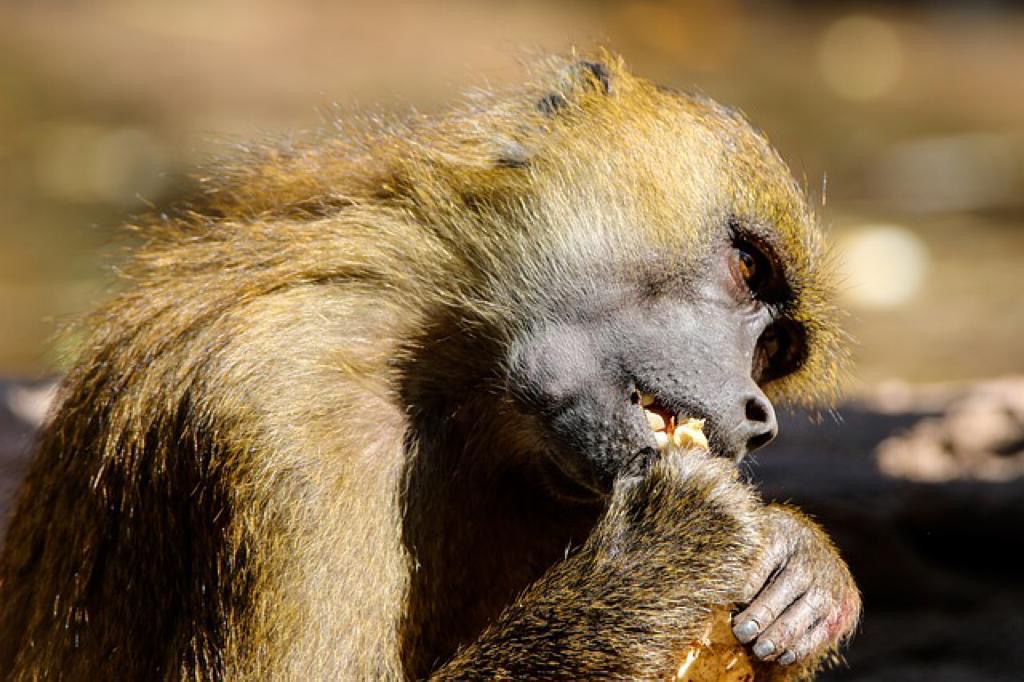Food habits, hard to resist

Humans don’t seem to be the only species susceptible to the undesirable food habits and lifestyle disorders attributed to it. It looks like we have company here. If given a chance, the nonhuman primates in Savannah cannot say no to the delicious delicacies or to the chair-bound cosy, lazy life.
A life that mismatched the evolutionary history
As humans climbed up the evolutionary ladder, leaving the hunter-gatherer life behind and habituated to a sophisticated life, few unsuitable routines were bound to happen. Such as, coping with a fast-paced life, excessive consumption of fatty and sugary foods, round the clock desk-bound jobs that left no time for any physical activities, effects of stressful lives on their wellness, sleep -deprivation etc. These lifestyle changes were the major contributory factors to the emergence of metabolic syndrome, an array of disorders, that cost money and lives.
Metabolic syndrome or syndrome X
Metabolic syndrome includes high blood pressure, high blood sugar, excess body fat around the waist and abnormal cholesterol levels. The syndrome increases a person’s risk of heart attack, stroke and adult-onset of diabetes.
Civilised learning from the pre-civilised
Metabolic syndrome happens due to the interplay of multiple factors, therefore, finding a solution for it requires a multidisciplinary approach.
On the dietary front, such a study was conducted to decode the lifestyle and food habits of the pre civilised society, who, as per records, fared better than us in maintaining a healthy body.
Decoding food habits
Physician-Anthropologist Eaton and Konner’s study on the reconstruction of the likely diet of our Palaeolithic ancestor’s conclusion was supporting a high-fibre, low-salt, low-fat diet. Studies were carried out in the hunter-gatherers in Kalahari desert, a group that is believed to retain the ways of nomadic foraging lifestyle. Their heart, blood pressure and cholesterol levels would put the triathletes into shame.
Foods we can’t say no to
Over the years, humans learned to like sugar, even starting from in-utero.
Sugars are associated with secretion of endogenous opiates that confer pleasurable sensation and activate the reward system in the brain. The first addictive we gladly provide our children are those bright coloured candies.
Consumption of fatty food stimulates the production of endogenous cannabinoids that create comparable reward.
Availability of surplus food and psychosocial stress leads to unchecked consumption that reflects a socially learned behaviour rather than an evolutionary mismatch.
Modern-day apocalypse
Changed food habits, lack of physical activities, the stress of modern life and sleep deprivation became our modern-day four horsemen of the Apocalypse.
Humans or baboons, cross-species universality of behaviour
Robert Sapolsky’s studies on Olive Baboons in the Masai Mara national reserve of Kenya showed a similar decline from the ancestral metabolic grace among the baboons.

Baboons’ swiggy account
How, you guess, the Baboons got access to all those fast-food chains? Or did the fast-food chains go to them? Something similar to that occurred.
Safari Tales
The otherwise vast untouched savannah where the wild animals could roam freely became a tourist destination. Along with the tourists came truckloads of garbage.
Fast food hub in the middle of the jungle
The garbage brimming with food has been dumped into giant pits that became a major food attraction for the baboons.
The lifestyle that used to be
Wild animals routine, as you all know, would involve foraging miles a day for hunting, besides the physical labour of digging and climbing trees for food. The diet to which the baboons were used was rich in fibre, low in fat, sugar and hardly any meat.
Cosy life with delightful food
Once they identified the source of the tasty garbage food, the baboons settled themselves in the trees surrounding the dump. No need for early wake-up and foraging miles in search of food. The garbage tractor delivered food on time, and in half an hour, the day’s feeding was over. Food was fried chicken or beef or pies and cakes. The new diet was rich in fat, sugar, cholesterol.
Foraging vs garbaging a contrast study
Baboons settled next to garbage grew faster, attained puberty earlier, had babies soon, and had increased reproductive rates, to the extent of the baby boom.
Forager group, on the other side, had a low level of cholesterol with more HDL(the good cholesterol ). At the same time, the garbage eaters showed nearly a third higher level of cholesterol with more LDL(the one that clogs the arteries.) Garbage eaters also reported double the level of insulin in their blood, that can eventually lead to adult-onset of diabetes.

If we were to meet them, we could have hi-fived them, saying, so alike in our metabolic journey, now at risk of metabolic syndrome.
Few good and bad experiences for the garbage eaters
Good things first, while the rest of the savannah was under the grip of famine and drought in the coming years, the garbage provided food for those living nearby.
Unfortunately, the garbage eaters contracted a type of tuberculosis probably from contaminated meat, known as bovine tuberculosis which killed about half of them.
The paleolithic diet is not the answer to modern dietary problems
Using hunter-gatherer as foundation aiming to reform new nutritional intervention is insufficient and should be measured as impractical for several reasons.
The genetic, physiological, and behavioural mechanisms underlying human dietary and nutritional adaptations are more complex and dynamic than a mismatch among Paleolithic and post-Neolithic environment.
Dietary modifications
The interventional strategy should focus on manipulating new diet modification based on a more plant-based diet and controlling food habits, along with reducing psychosocial stress.
Hopping from food joints to fitness joints
To tackle the rising epidemic of metabolic syndrome,humans have come up with solutions, as in dietary corrections, fitness and its allied fields.
From Paleo diet to the current rage of intermittent fasting, you would be offered a platter of diet and fitness plans to choose from, help yourself with the suggestions that is compatible for you.
Westernisation good or bad?
One can’t however entirely blame westernisation for producing an unhealthy population, as the same advancements has brought breakthrough innovations in the field of medicine and technology, that have benefited people to achieve higher life expectancy and good health , even more now, than ever before. Also, if you look at the baboons, the earlier growth spurt and maturity observed in them are befitting for the species’ survival.
Choice is yours
Metabolic syndrome is the byproduct of westernisation and to bring any productive control over these; people need to address the problem and find ways to modify their unhealthy lifestyles.




